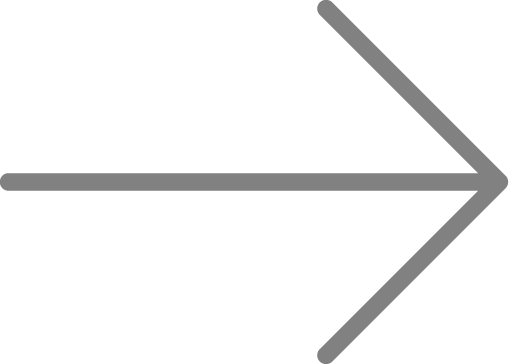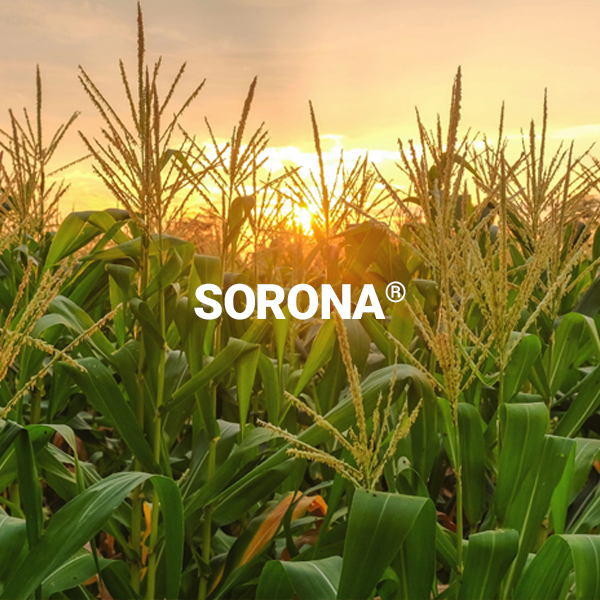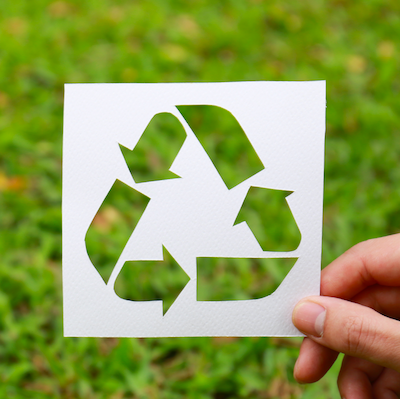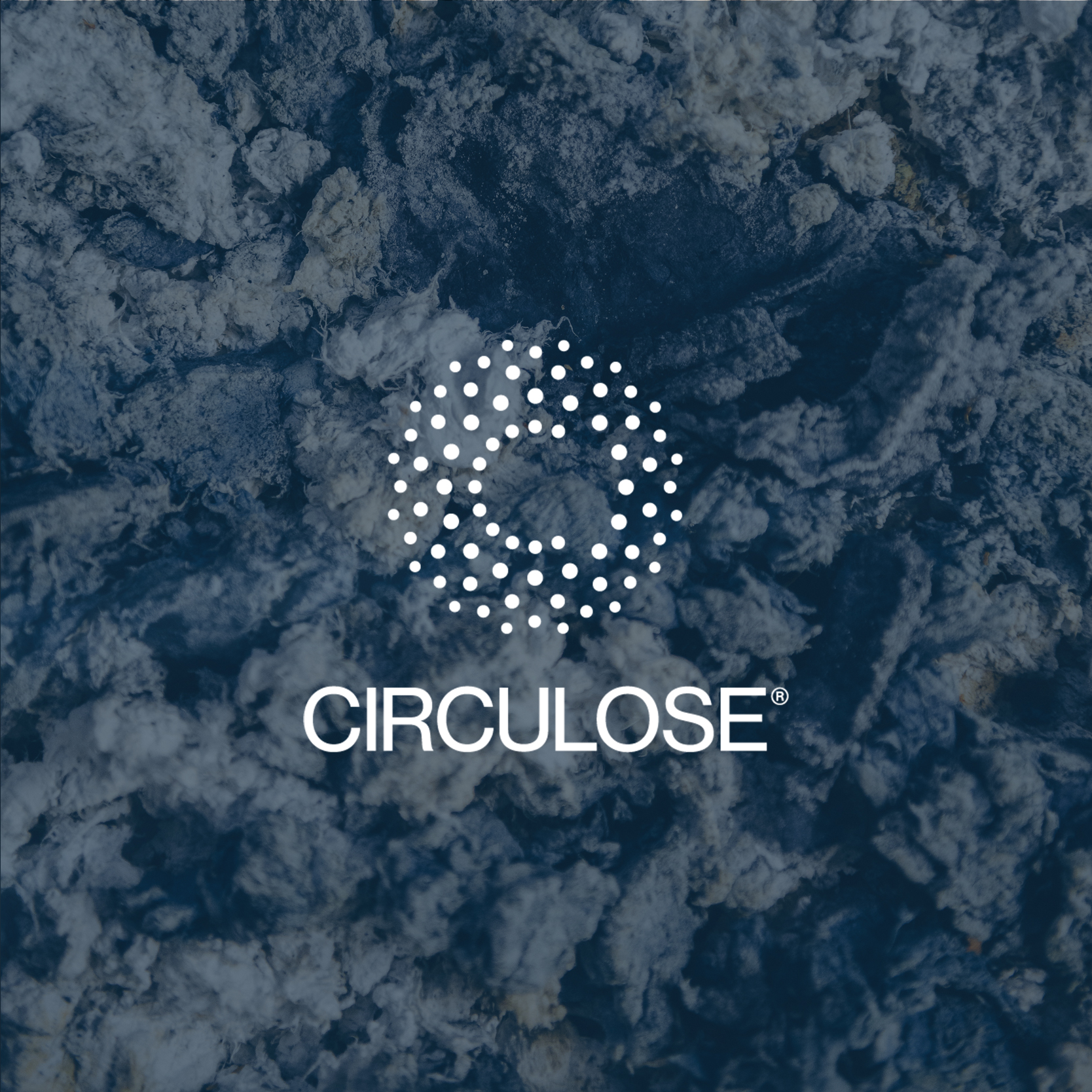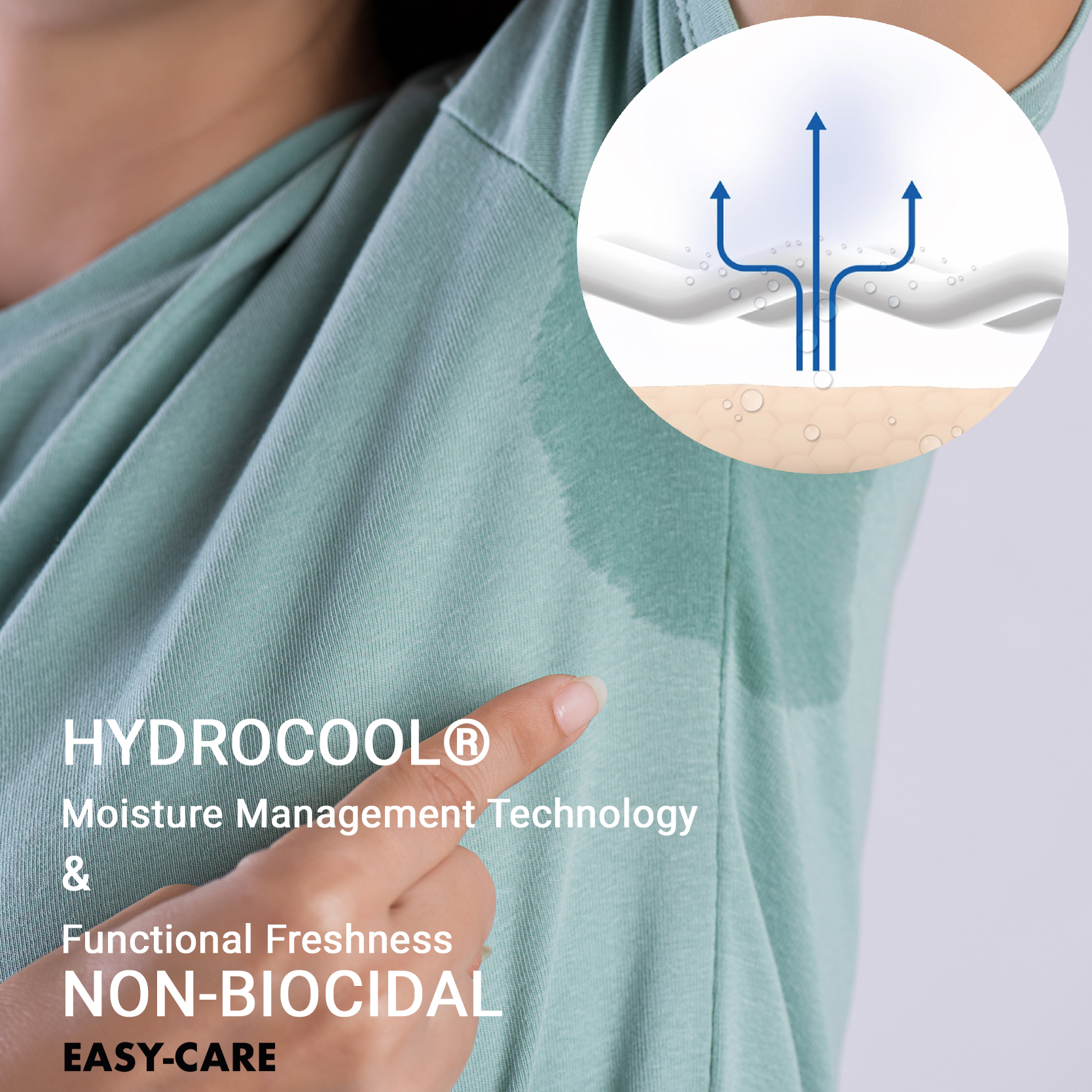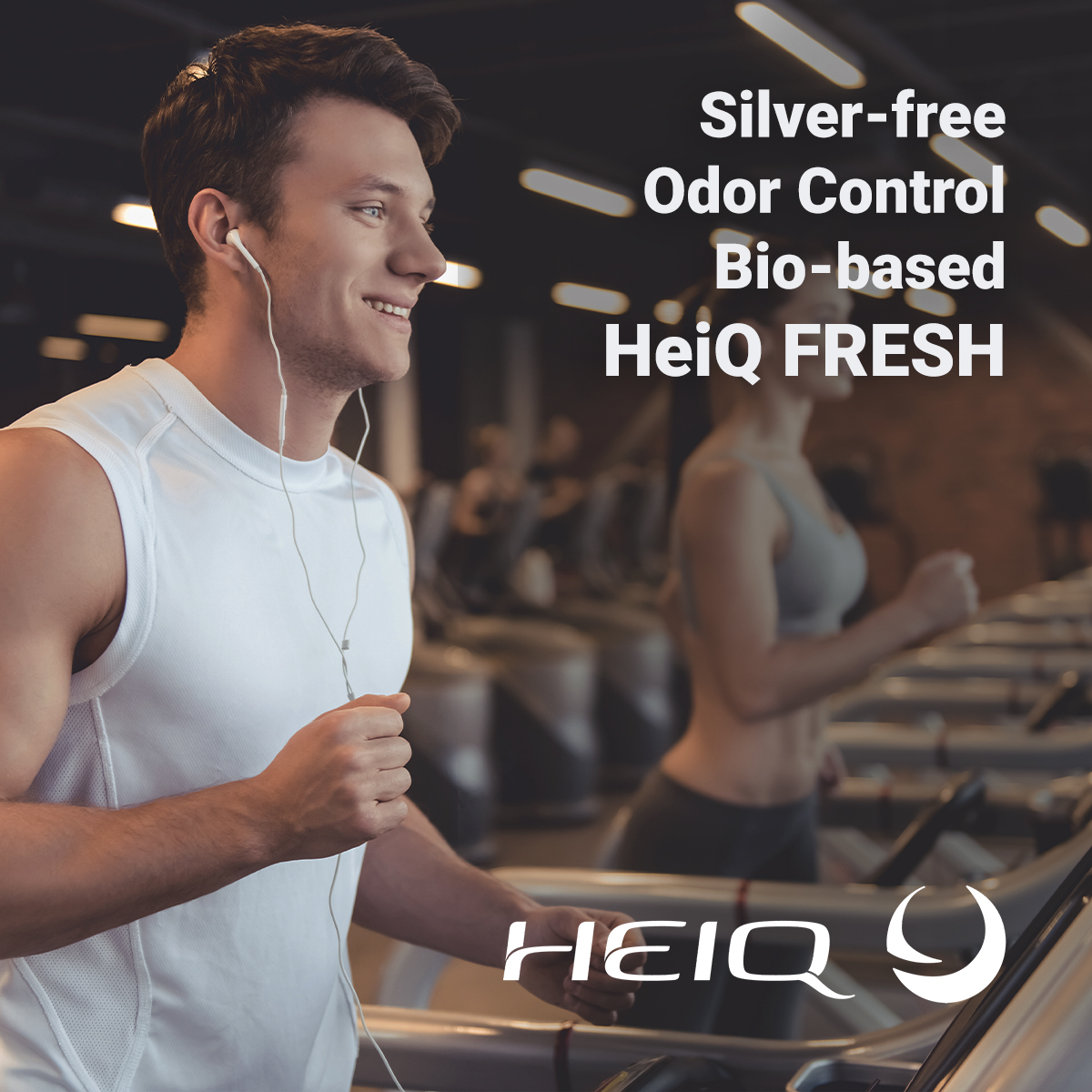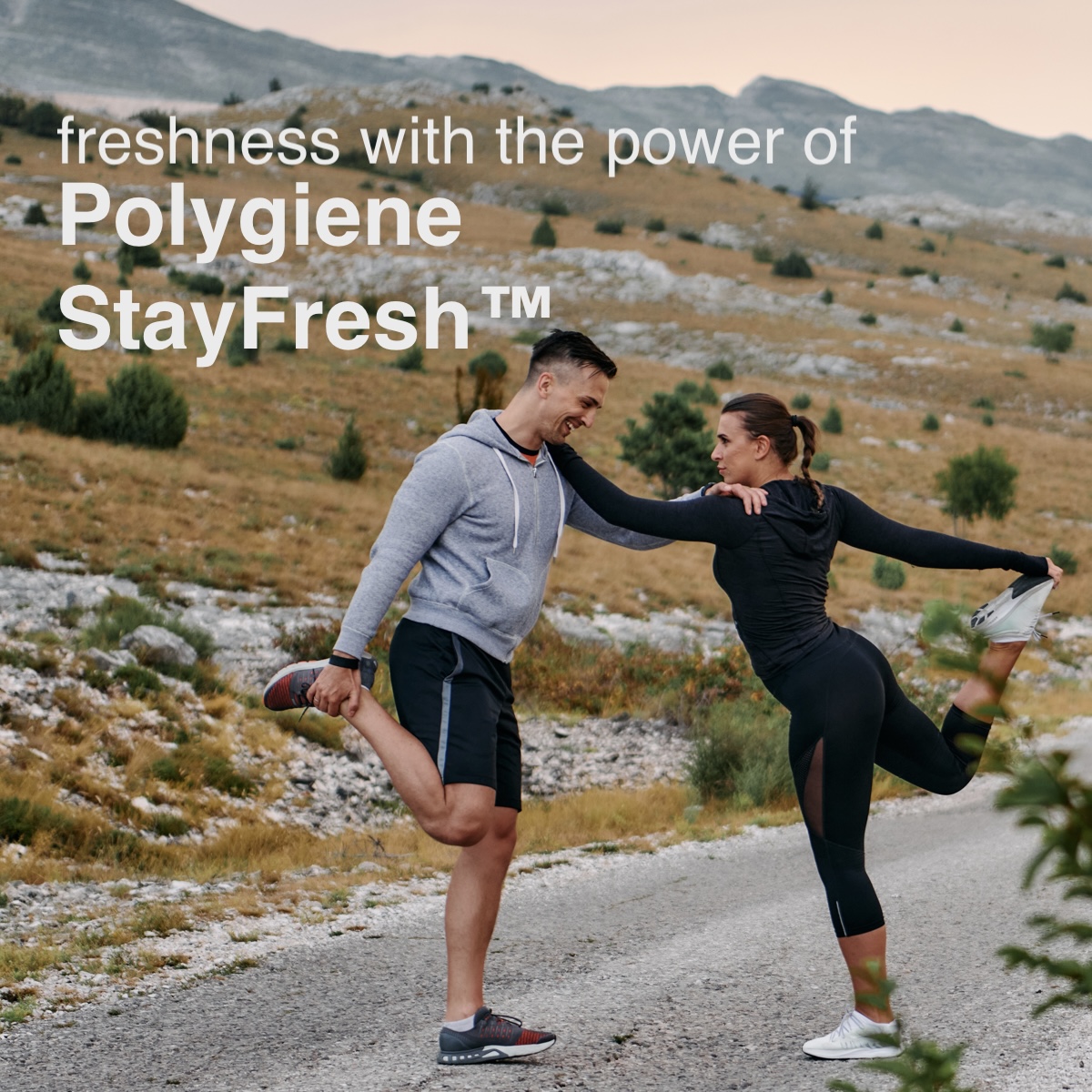Being the Part of the Solution Instead of the Problem in Production Approaches
We, at Özen, always follow and perform sustainability practices and developments. Beyond expressing this business approach with words, we also fulfill these disciplines of transparency and traceability with our suppliers. We rely on the certifications, traceability, and transparency of these certificates at all stages of our products, from yarn to dyeing. That's why we're happy about the philosophy we embrace has been validated at COP27.
Another conclusion, that made us pleased, was the joint commitment of the leading fashion companies will purchase more than half a million tons of alternative fibers with low carbon and water footprints during the conference.
This commitment was a positive development that will reduce the loss of forest areas because of the fashion and packaging supply chains of the conference and support the protection of vital forests and forest ecosystems.
Because every year, more than 3.2 billion trees are cut down to produce raw materials for the packaging or fibers for the clothing industry. It's possible to protect forests and prevent CO2 emissions by using the alternatives to wood such as agricultural residues and recycled materials. It is in our hands to implement the actions against the climate change predictions that were shared at the COP27 conference and to create a better future.
